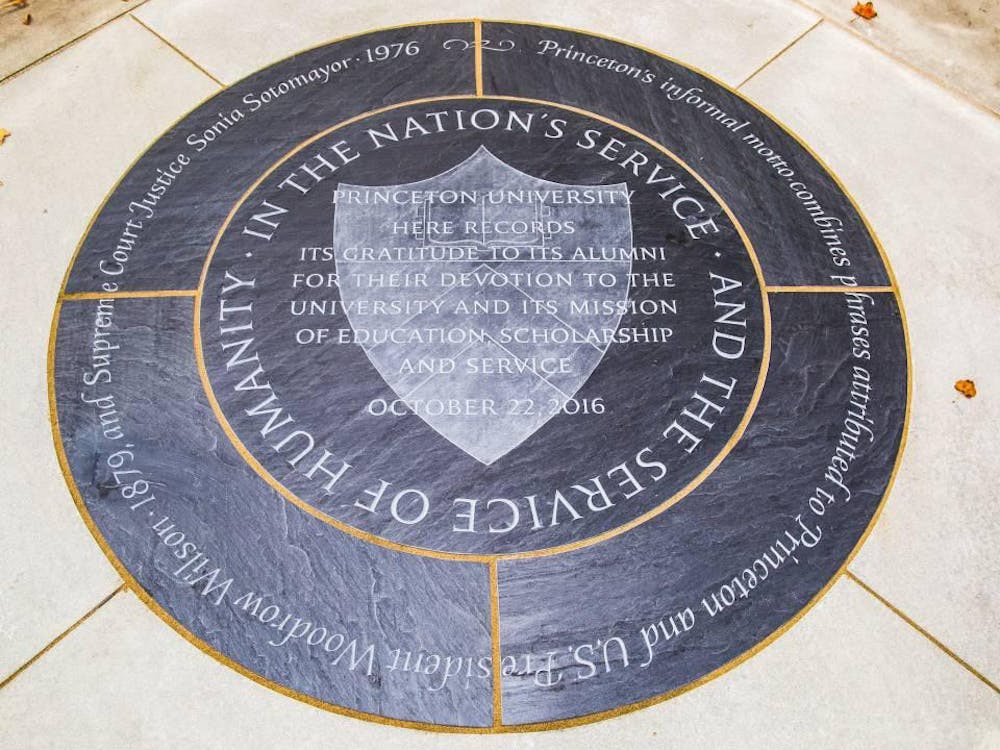The board frequently calls for administrative transparency and for changes to be made with student input, and it commends Firestone for its recent efforts toward these goals. In addition to maintaining an online renovation blog, Firestone has been posting updates to advise patrons of potential disruptions, which helps alleviate the stress and hassle of ongoing renovations. The library is also engaged with the University community to solicit feedback about future renovations, as today’s open houses and a recently conducted online survey demonstrate.
Listed on Firestone’s renovations blog is a list of project goals, which suggests the nature of the major renovations to be discussed today. Many changes are unlikely to be controversial, such as updates to accessibility and fire code compliance or the ongoing project to reclassify books and economize shelf layout. But other renovations, especially the plan to improve seating, study spaces and reading areas, merit input from the University community.
Perhaps most important to undergraduate students are potential changes to Firestone’s carrels. Other recently built or renovated libraries in the University system, such as the Chancellor Green rotunda and Lewis Library, include carrel spaces that are not reserved but provide lockers for individual students to store books and personal belongings. It is unclear whether Firestone’s renovations will move toward this model. The board believes it would be best to preserve the current carrel system, in which carrels are assigned to seniors and graduate students in certain departments, especially considering that the public carrel model appears to be unpopular in Lewis Library.
Another significant change to Firestone will likely involve a redesign of the main entrance and lobby. There are many possibilities for this space: a lounge area, an enlarged computer cluster or perhaps a cafe. Whatever the case, it is important that students and faculty play a part in shaping this and other shared areas. To its credit, Firestone seems open to engaging with students and faculty and modifying its renovation plans according to the feedback it receives. But this, of course, requires that students step up. Though undergraduates are unlikely to witness the fruits of the library’s labors until they return for Reunions, they should make an effort to get involved in the conversation for the sake of future classes.







